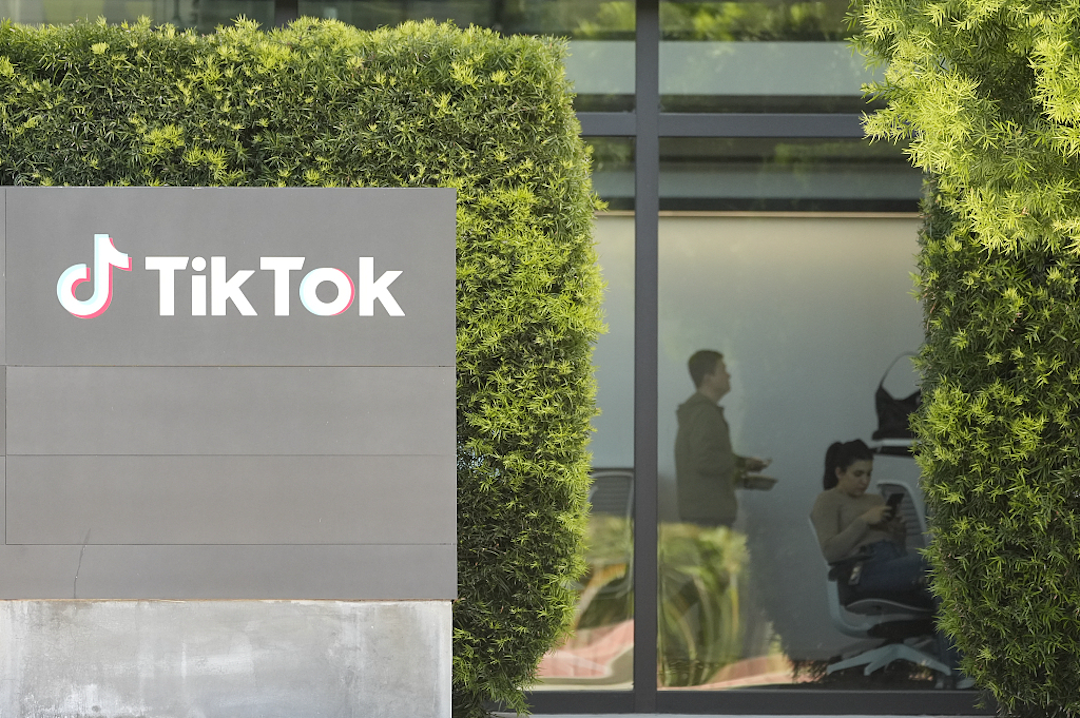How TikTok Was Blindsided by U.S. Bill That Could Ban It
Listen to the full version

Subscribe to a bundle to unlock all coverage by Caixin Global and the WSJ.
 |
By Stu Woo, Georgia Wells and Raffaele Huang
(The Wall Street Journal) — Two weeks ago, executives from TikTok’s U.S. operations flew to their company’s international headquarters in Singapore with good news.
They told bosses that after years of battling over its fate in the U.S., the popular video app wasn’t in imminent danger of being banned in its most important market, according to people familiar with the meetings. Among the positive signs: President Biden’s election campaign had just joined the app, on Super Bowl Sunday.
Days after returning to the U.S., they learned they had miscalculated.
Behind the scenes in Washington, a bipartisan group of lawmakers and Biden administration officials had been quietly planning new legislation to ban TikTok or force its sale to a non-Chinese owner. The legislation was a culmination of a more than yearlong effort to curb TikTok by a coalition of China hawks in Washington and Silicon Valley, and it had gained new momentum in part because of anger over TikTok videos about the Israel-Hamas conflict.
- PODCAST
- MOST POPULAR




